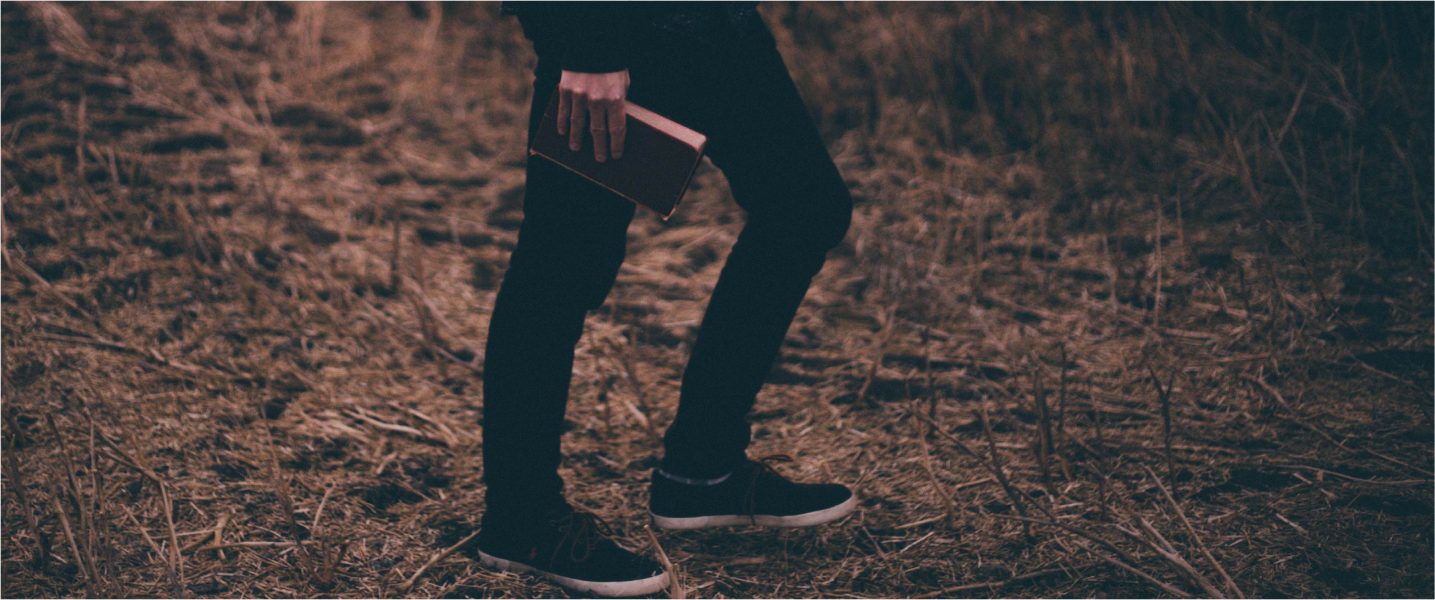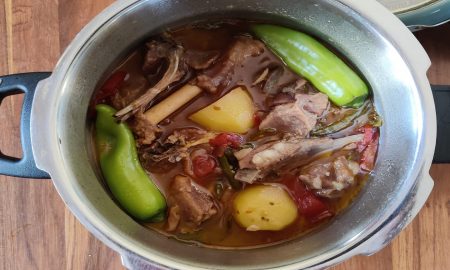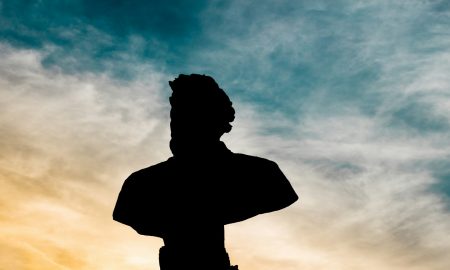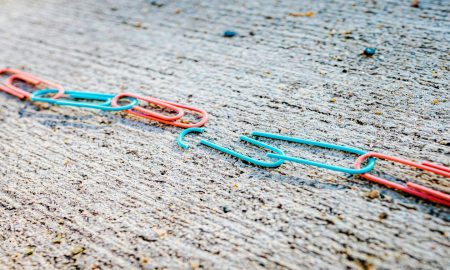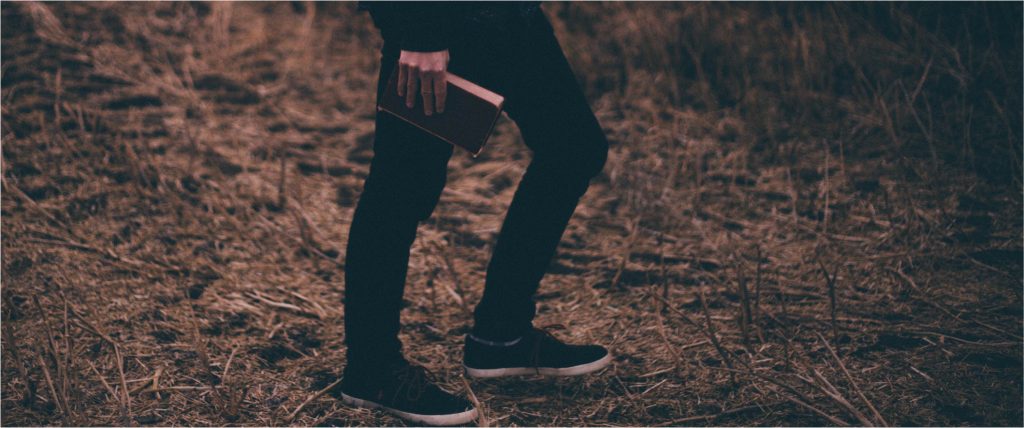
It was made of aluminum, I suppose or some other metal.
It was shiny and steel colored and had my father’s other name, the European one, painted in black letters on its surface, his last name first, followed by his first name, as was the custom.
Only, it wasn’t his American first name, Charles or even his Yiddish name, Shaya. It was his Polish first name, the one with the impossible, hard to pronounce consonants, Szaje.
My parents’ multiple names were the bane of my existence.
Why couldn’t they be named Richard? Nancy?
And where was my horse?
I knew that they had come from somewhere else and now, all these years later, I realize that they also were someone else.
They had both been small town (“shteytl”) born Jews.
Their villages had no electricity, no indoor plumbing.
Yet, they had both lived among their loved ones, their extended families in secure, happy worlds surrounded by supportive communities.
But back then, I knew none of this.
I just was, ill at ease, perhaps even embarrassed that my father still had a suitcase with his Polish name on it.
Everyone in summer camp had hard bodied, anonymous luggage.
My father’s tashka screamed “refugee”.
There was much about my parents that disquieted me.
Though they were both very cheery and optimistic, I felt that they each harbored secrets that they kept from my sister and I, my father his stories of his flight to Siberia and Central Asia and my mother, Auschwitz and a subsequent forced labor camp where she had made or tested hand grenades.
But here we were in camp in the Catskill Mountains of upstate New York, doing what many children did in the summer, living a typical American lifestyle.
But not quite.
It was an all-girls camp.
It was a religiously observant camp. We were barred from wearing short-sleeves or shorts. There was no pool.
There was, however a leaf filled lake, a section of which was cordoned off by ropes into which we were permitted to (yes, in bathing suits) enter but there was no “swimming” or swimming instruction. There was plenty of bobbing. As usual, being adventurous (and accident-prone as well) I nearly drowned when I once ducked under the ropes and left the enclosed area. My feet promptly became stuck in the soggy, muck-filled lake bottom as the dark water been to lick my nose.
Somehow, after several attempts (unobserved by anyone. There was no life-guard) I managed to grab the rope and pull myself out.
I could feel the force of the vacuum as my feet popped out of the miasma.
At home, we did not dress “modestly”, my mother dressed fashionably (no wig). She wore suits and dresses and carried gloves and a purse.
But here, in the piney reaches of the camp, isolated from our modern Brooklyn neighborhood, I was brought back to the insular, lost world of my parents.
And I found myself liking it.
“Ain’t going to work on Saturday” we sang. “Double, double triple pay won’t make me work on Saturday” I joined in with surprising vigor, pounding the tables, shouting and clapping with the other girls. .
I found myself adjusting to the camp’s primitive conditions (outside showers).
It once been a “union resort” (fur workers, the silverware told us) and now belonged to the Lubavitch Hasids, a Jewish outreach program that had begun in Tzarist Russia and was re-established in Brooklyn after the war
The name of the camp was “Camp Emunah”.
“Emunah” meant “hope” in Hebrew.
At first, I used to muse that Emunah was a good name. Once there, you “hoped to get out” but after a while I began to make friends with the other girls and soon felt as if I were part of a big family, separate from my parents and immediate relatives, but recognizable and welcoming.
A tall, red bearded rabbi was the director of the camp. His many children, most of whom were also red-headed, administered it. The highlight of the summer was being chosen to sing in the choir. Our efforts were recorded and we were told that they would be broadcast on radio.
Although I loved music, I knew that I had little vocal talent. But, I sang my heart out for the rabbi and the choir and they invited me to join.
Most of the other campers were from strictly religious homes but they were secular girls as well.
Camp Emunah embraced them all.
There was “Honey” a wiry, sardonic girl. Her name may have been “Chana” but in camp she was “Honey”. She was as American as they come. Her parents were divorced. She was an only child.
There was something unusual about her father.
He was more of a mother than a father, not that he as much of a mother, either. He was a slender man, not big or blustery or strong like my father. He was more of a friend to Honey, than a father.
One day, I realized that my own parents had not visited us all summer!
I asked the head counselor, “Why didn’t my parents come for Visiting Day?” She did not know.
I remember sitting in her office and calling hotels in the Catskills, looking for my mother and my father.
I was seven years old but knew how to dial the telephone. It was one of my proudest achievements.
I had learned at age five, when my parents got their first ‘phone.
I memorized the telephone numbers of all of my aunts and uncles.
I dialed them so often that my parents put the phone on top of the refrigerator. I then pushed a kitchen chair against the refrigerator, reached the phone and kept on dialing.
That summer day, I called “O for operator and asked her to dial the numbers of several hotels. I was repeatedly told “No one here by that name”. Finally, I remembered the name of a hotel that my aunt and uncle favored and I found them.
“Where were you?” I demanded.
“We were on vacation,” my father said.
Vacation?
I wasn’t sure that I liked the old parents or the new parents.
A voice within me asked “How could they have fun without me?”
Finally, camp came to an end.
I sat on the stone wall bordering the road leading to the entrance and waited for my parents.
To my great relief, they showed up, my father driving his new champagne and gold Oldsmobile Rocket 88 automobile.
They went to my room and collected my things.
Suddenly I realized that the metal suitcase was lying on the floor.
“You forgot it!” I shouted.
“Never mind,” my father said. “We don’t want it.”
“You don’t want it?” I thought.
I looked over my shoulder.
The tashka was lying askew, the ebony letters unreadable.
I followed my parents out.
T
The Tashka
